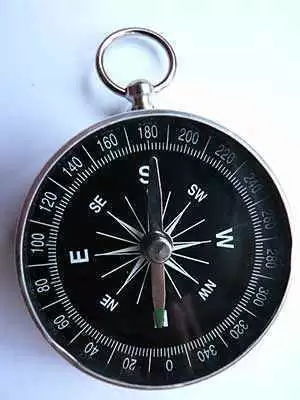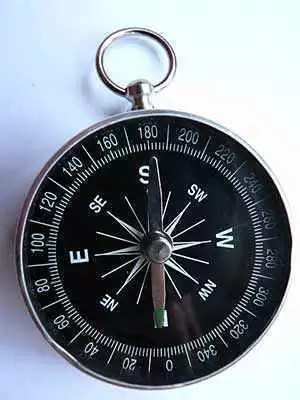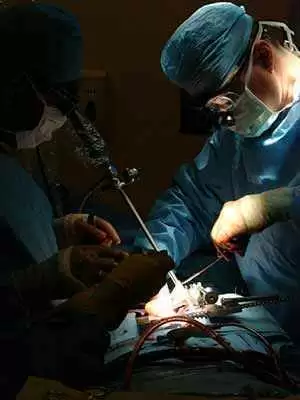
Celiac.com 05/28/2013 - Is an intestinal biopsy always necessary to diagnose celiac disease, or can diagnosis be made without biopsy? To answer that question, a team of researchers recently set out to compare celiac disease–specific antibody tests to determine if they could replace jejunal biopsy in patients with a high pretest probability of celiac disease.
 The research team included Annemarie Bürgin-Wolff, Buser Mauro, and Hadziselimovic Faruk. They are variously affiliated with the Institute for Celiac Disease in Liestal, Switzerland, and Statistik Dr. M. Buser, Riehen, Switzerland.
The research team included Annemarie Bürgin-Wolff, Buser Mauro, and Hadziselimovic Faruk. They are variously affiliated with the Institute for Celiac Disease in Liestal, Switzerland, and Statistik Dr. M. Buser, Riehen, Switzerland.
Celiac.com Sponsor (A12):
Their retrospective study included blood test data from 149 patients with celiac disease, along with 119 controls. All patients underwent intestinal biopsy, and all samples were analyzed for IgA and IgG antibodies against native gliadin (ngli) and deamidated gliadin peptides (dpgli), as well as for IgA antibodies against tissue transglutaminase and endomysium.
They found that tests for dpgli were superior to ngli for IgG antibody determination: 68% vs. 92% specificity and 79% vs. 85% sensitivity for ngli and dpgli, respectively. Predictive values were also higher for dpgli than for ngli; positive (76% vs. 93%) and negative (72% vs. 83%).
Regarding IgA gliadin antibody determination, sensitivity improved from 61% to 78% with dpgli, while specificity and positive predictive value remained at 97% (P less than 0.00001).
A combination of four tests (IgA anti-dpgli, IgG anti-dpgli, IgA anti- tissue transglutaminase, and IgA anti-endomysium) yielded positive and negative predictive values of 99% and 100%, respectively and a likelihood ratio positive of 86 with a likelihood ratio negative of 0.00.
Omitting the endomysium antibody determination still yielded positive and negative predictive values of 99% and 98%, respectively and a likelihood ratio positive of 87 with a likelihood ratio negative of 0.01.
Conclusion: Antibody tests for dpgli yielded superior results compared with ngli. A combination of three or four antibody tests including IgA anti-tissue transglutaminase and/or IgA anti- endomysium enabled reliable diagnosis or exclusion of celiac disease without intestinal biopsy in 78 percent of patients.
This two-step method of performing jejunal biopsy only in patients with discordant antibody results (22%) would catch all patients except those with no celiac-specific antibodies; who would then be caught through biopsy.
Source:
- Open Original Shared Link






Recommended Comments